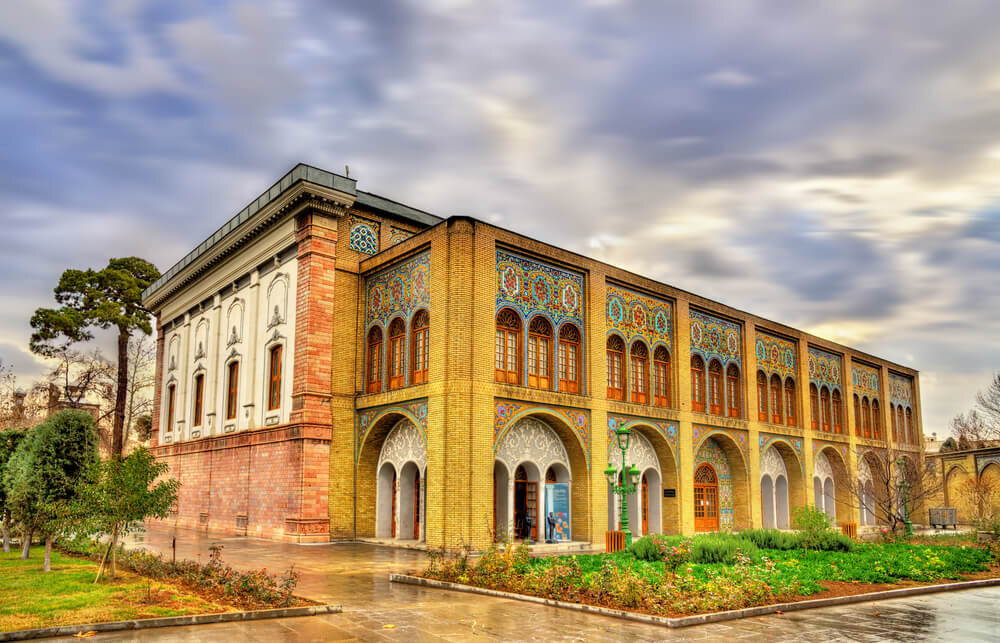Golestan Palace to be available online for the hearing impaired

TEHRAN – The UNESCO-registered Golestan Palace in downtown Tehran is launching virtual tours for hearing impaired visitors, the director of the World Heritage site has said.
A number of short videos are being produced to depict the history of the former royal palace with the presence of a tour guide and in sign language, Afarin Emami explained on Monday.
Because of the coronavirus outbreak and the masks worn by museum guides, lip-reading was not possible for the hearing-impaired visitors, thus, it appears necessary to produce these videos, the official added.
This project aims to provide equal citizenship opportunities to all members of society, especially hearing impaired individuals, she noted.
UNESCO says that Golestan Palace exemplifies architectural and artistic achievements of the Qajar era including the introduction of European motifs and styles into Persian arts.
The royal complex was once the official residence of the Qajar monarchs who ruled the country between 1789 and 1925. It displays a remarkable mixture of ancient Persian and contemporary European architectural styles, which characterized much of Iranian art in the 19th and 20th centuries.
Visitors can simply spend half a day admiring several key structures that make up the palace, including lots of spectacular halls, chambers, museums, and gardens. All of them were built during the rule of the Qajar kings.
The stunning Karim Khani nook, which was the former residence of the founder of the Zand dynasty (1751 to 1779), and the brilliant Mirror Hall, which was used for royal weddings and coronations, are amongst the must-see premises of the complex.
Also, the highlights include Shams-ol Emareh (“the Edifice of the Sun”), a palace that offered a panoramic view of the city for the monarchs, and Brilliant Hall, which is known for its incredible display of mirror work.
Visitors may likely take two or three hours to thoroughly explore the palace complex. One can relax by the gorgeous pond in the main garden after all the walking around. Next to the palace lies the bustling Grand Bazaar of Tehran, which is a top place to get a glimpse of local life.
Some visitors to the bazaar refer to it as “a city within a city” because it also includes several mosques, guesthouses, banks, and once-thriving caravansaries. While most of its covered structures and marketplaces are associated with the 19th century onwards, the history of trade in the bazaar is rooted much deeper in time.
ABU/MG
